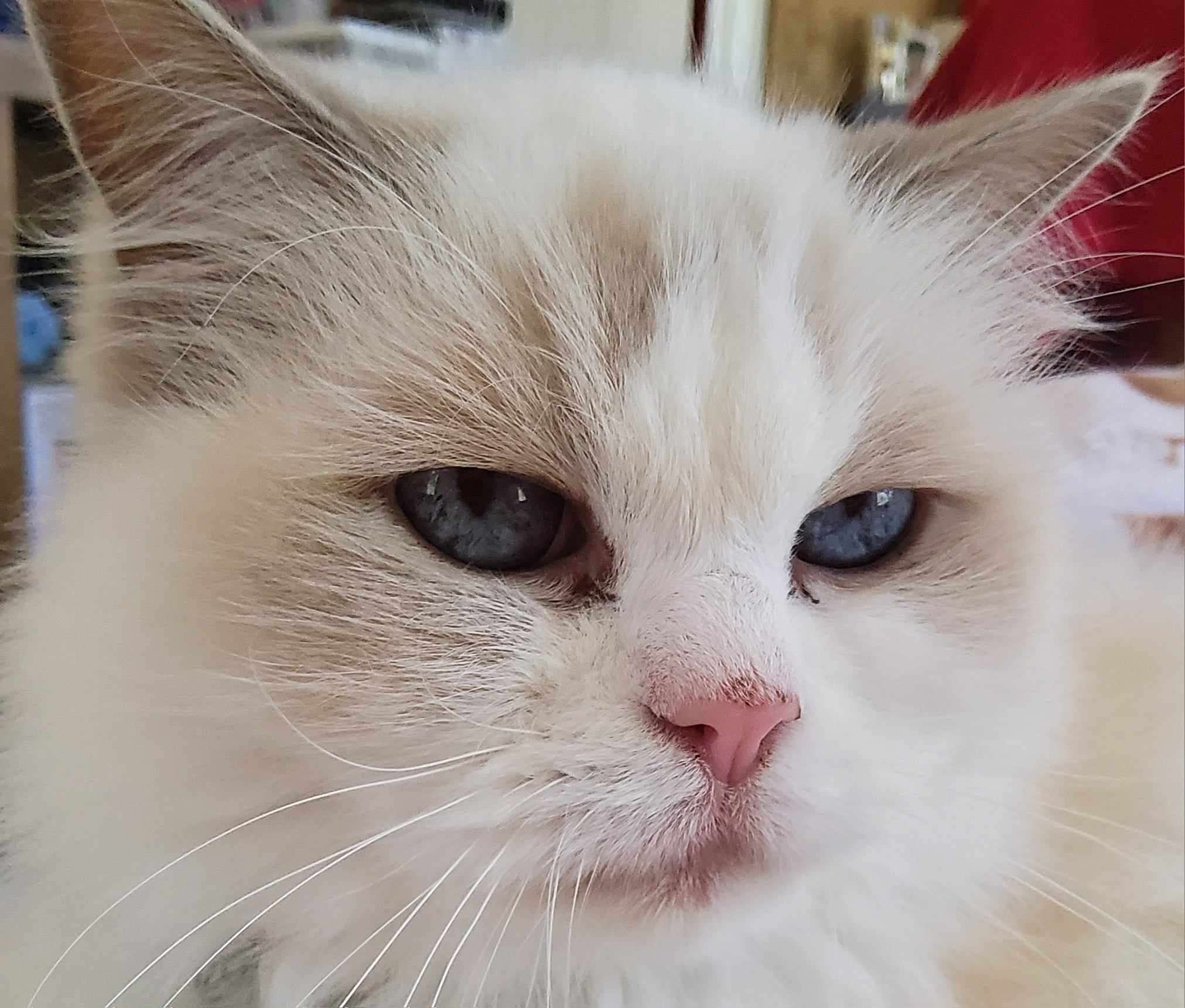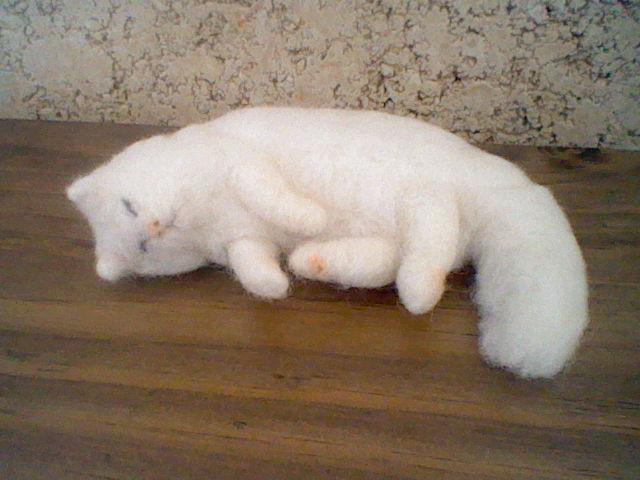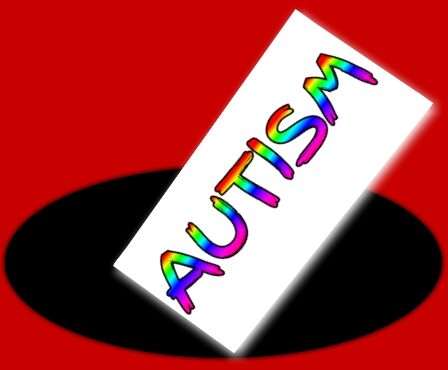What is respite care and why is it beneficial for me? What are the benefits of respite care that I have experienced? In this blog post I explain what respite care is, and how I have benefited from it.
What is respite care?
Respite care is a short-term holiday (or weekend) away from home for me, so that my carer (mum) is able to have some free time to relax.
The word “respite” simply means to take a break from the responsibilities of life or relax somewhere temporarily.
Once a month, I visit a respite house in a secluded part of Victor Harbor, situated on 2.5 acres of beautiful Australian countryside. 🐓 This property is a “hobby farm”, and is hosted by it’s owner, Sally, who cares for me over the course of the weekend. She is my respite carer, who assists me with daily tasks and organises all the activities I participate in, over the weekend. Sally plans the menu and cooks all my meals and snacks for the weekend. 🏡
How I have benefited from going to a respite area
The benefits I have gained from going to a respite area are numerous, and have helped me in life, such as:
- Some sensory desensitisation.
- Less stress.
- The ability to have my favourite junk food. 😃
- Going out to various places like art galleries, museums, train tunnels, etc.
- Faster, unlimited wireless internet access for the duration of the stay (This allows me to update all my video games)
- Allows my carer (mother) to take a break from caring for me, and unwind.
- I can walk around the property. This allows me to maintain my fitness. 🚶🏻
- Use the exercise equipment.
- Some traditional old-school games that aren’t electronic (like board games for example), which require participation. ♟
- Summer pool, which is a great idea for cooling off. 🏊🏻
- Netflix, which provides a large amount of movies/shows to watch at my leisure. 🎥📺
- Respite allows me to go out into the community where I practice my social skills.
Disadvantages to the concept of respite:
- I miss my cat Lilli, which is why we take a felt version of her. 😺
- Going to respite every month causes separation anxiety in me, however this is normal and wears off within a few hours.
It’s important to note that every individual’s experience with respite care will be different. This blog post only cover’s my experience and how I have benefited from respite care.
Why I prefer a rural respite area 🐓
Due to my severe autism, I prefer a rural respite area because rural regions are much quieter than suburbs or cities. (I find living in nature very calming) 🏙 The reduced amount of noise (save for certain bird species like parrots (& cockatoos in particular) and ravens), provides an optimal environment for me to stay at for respite. 🌳
Here are some of the reasons why I prefer rural life to city life due to my severe autism and sensory issues:
- Quieter than the city.
- Less neighbours.
- More independence and safety when going on my daily walk, which I can do at any time of day, right up until early evening.
- Barking dogs which are often a problem in the suburbs, are not as problematic in the countryside, due to distance between properties. Barking dogs are a significant sensory issue for me.
My respite accommodation
At Sally’s respite, I stay in my own mini-house, which is attached to the main house via a veranda, which is over an outdoor area.
Inside the mini-house which is open-plan, I have my own loungeroom, bedroom, kitchen/dining area and a separate en-suite bathroom.
The mini-house is private and has reverse-cycle airconditioning. It is very comfortable and the decor is lovely. I enjoy my short stays there.
Example Respite House Animation 🏠
Enjoy a video clip of what an old-style respite house may have looked like. This video clip was made in Blender 4.0.1, and is copyright © Zachary Wright:
Princess Lilli Lilac

Although Lilli is unable to go to respite care with me, I have a felt version of her that I carry with me to respite care. It is a small version of her and fits in the palm of my hand, which helps keep me calm and less anxious, as it reminds me of her. This handmade felt Lilli was purr-chased from Artworx Gallery in Goolwa South Australia, and can be seen in the lower photograph:

Conclusion
Hope you learned about my experience with respite care, how it works, and how I have benefited from it! See you on the next blog post! 📰
